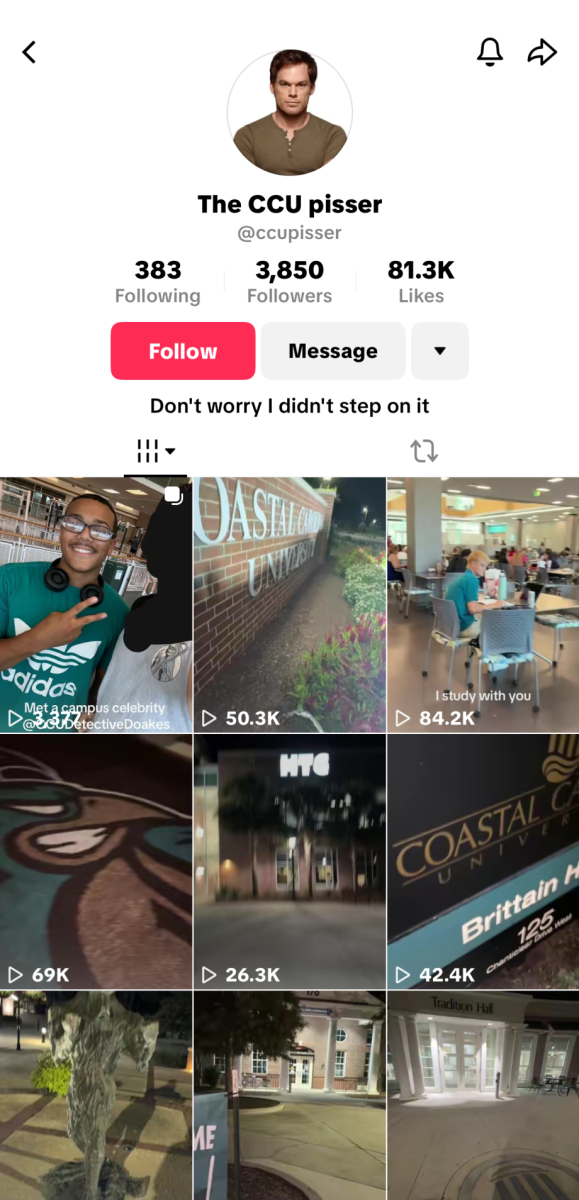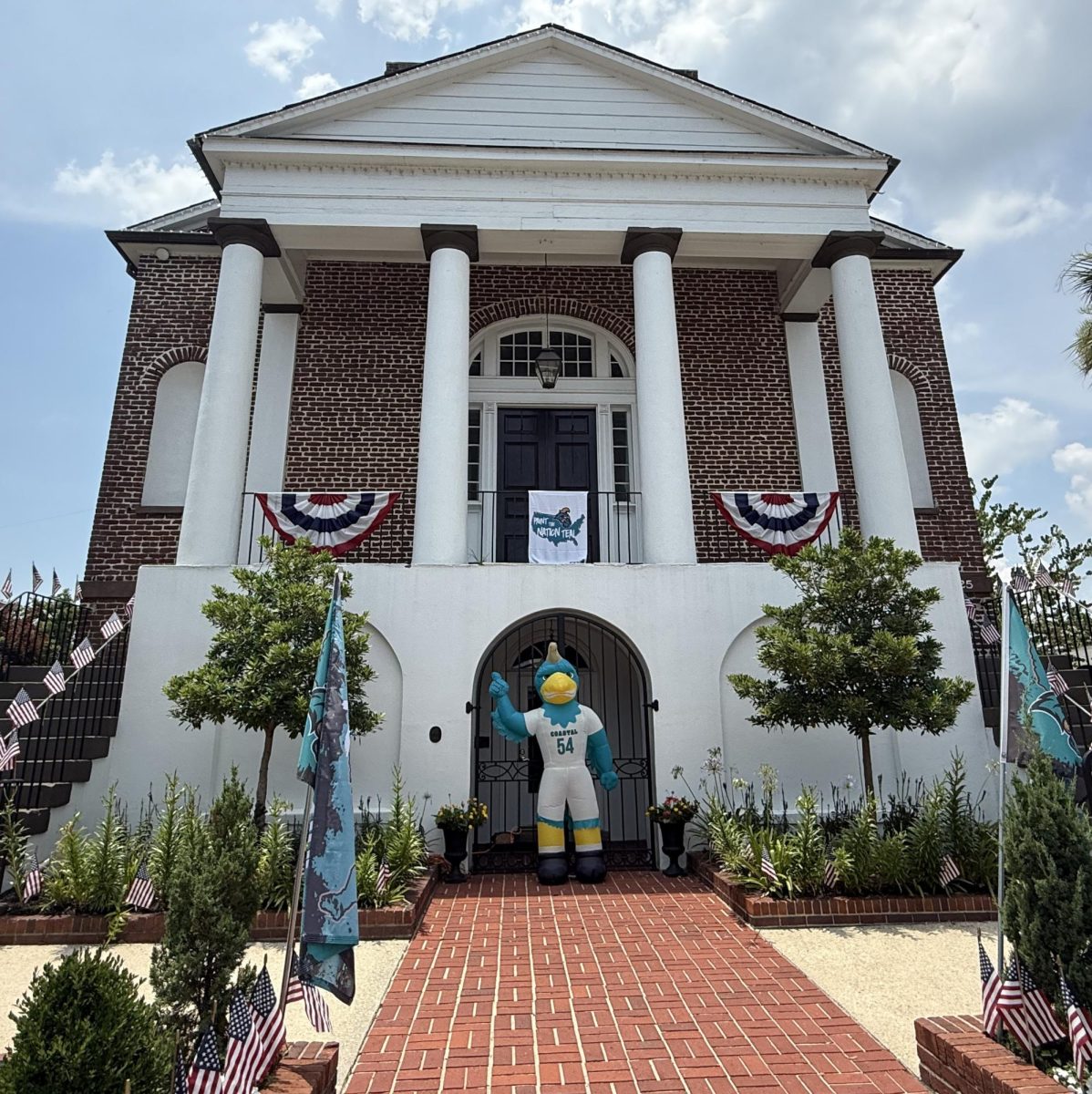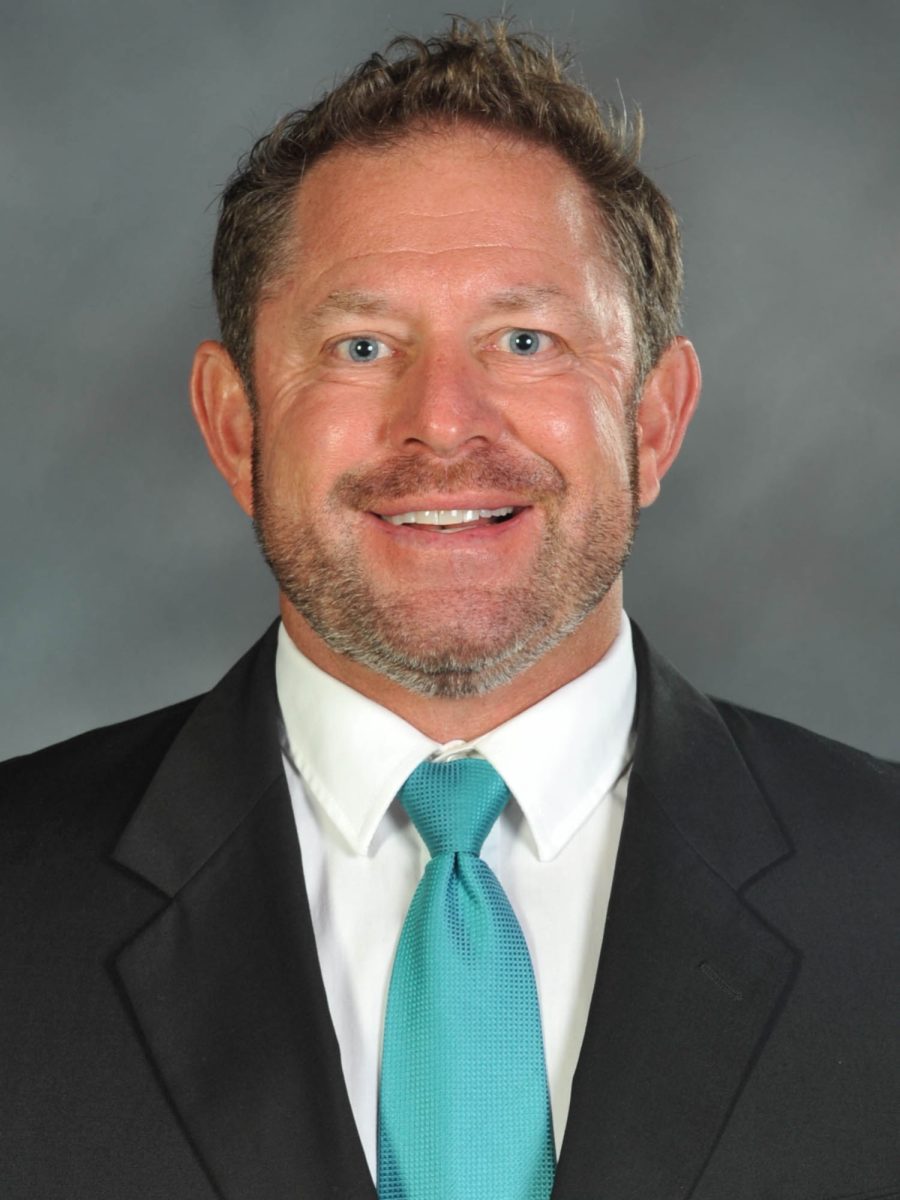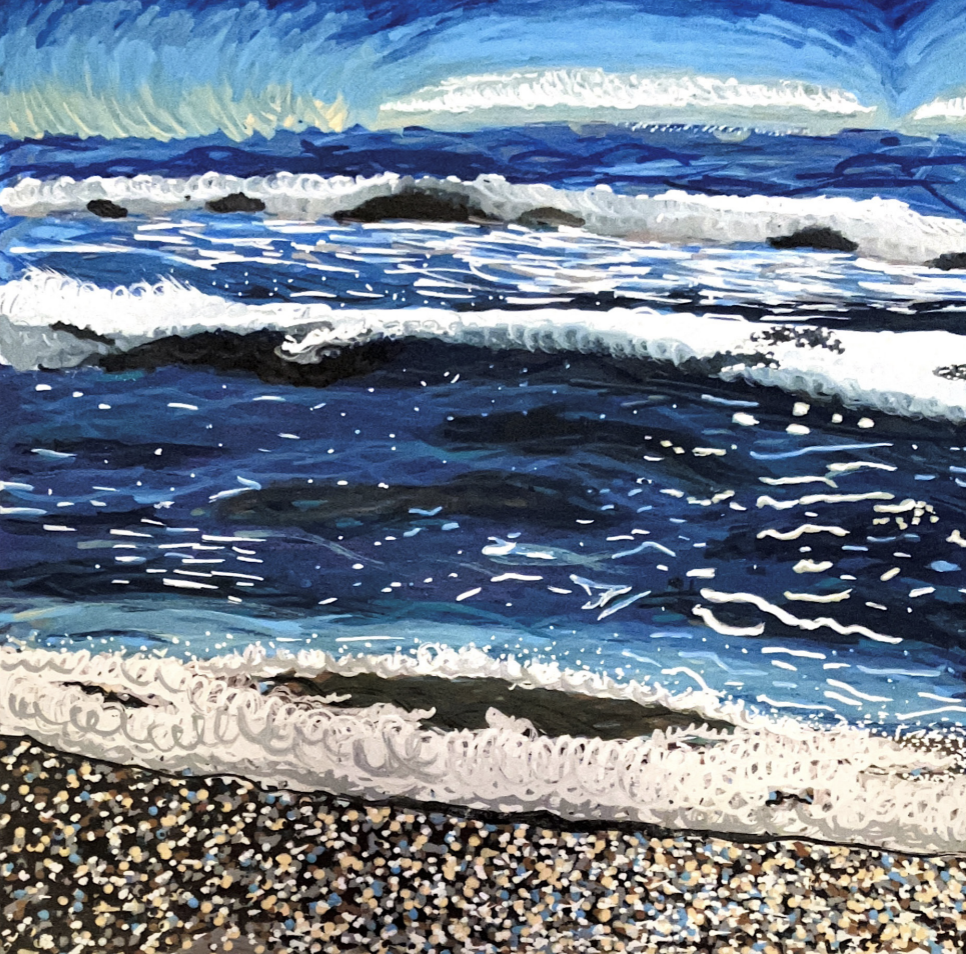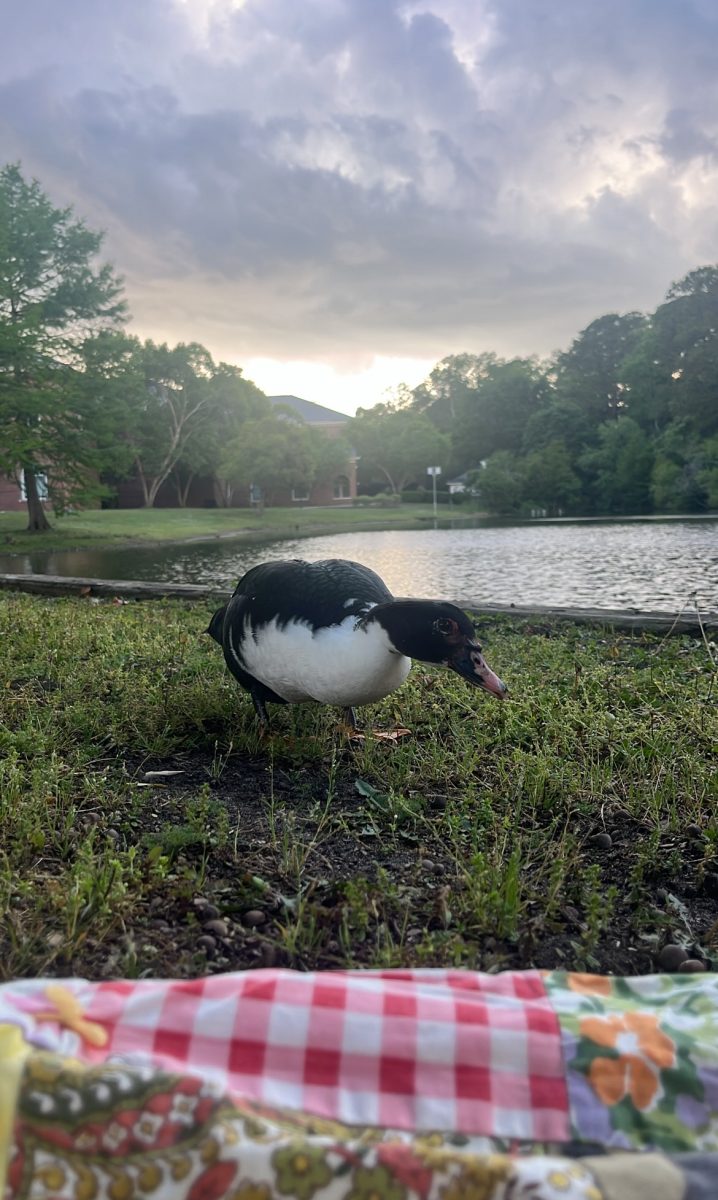Throughout the month of October, various media outlets have been covering the recent uprising in conflict between Israel and Palestine, which started with an initial attack against Israel Oct. 7, led by a terrorist group known as Hamas.
For those who are unfamiliar with this group, according to AP News, Hamas is a terrorist group that has ruled over the Gaza strip for over a decade. It was founded in 1987 by a Palestinian refugee, Sheikh Ahmed Yassin, and has voiced their goal to destroy Israel by administering several bombings and other deadly attacks.
According to NBC News as of Oct. 24, 1,400 Israeli civilians have died, close to 5,000 were injured and more than 100 people were taken hostage. After Israel retaliated and struck the Gaza strip, close to 6,000 Palestinians died and more than 16,000 were taken hostage.
To be clear, I do not support the killing or capturing of any innocent lives.
As a Jewish student, I find this topic extremely hard to navigate both within and outside of the University. Although my immediate family, as well as myself, do not practice Judaism as a religion, we acknowledge that our ancestors and extended family members did or still do practice this religion. Having been around this culture growing up and learning of ancestors who experienced and withstood previous mass genocide, I have made it a point to educate myself and support those more directly impacted by these attacks.
It is abundantly clear today that antisemitism does more than linger within our society, even after being taught in schools about the horror, torture and death which continues to haunt the Jewish community to this day.
This uptick in antisemitism should be more widely talked about in an attempt to resolve the hatred and oppression faced by the Jewish community.
The main conclusion I have come to, based on the information I have collected through various media outlets, is that I have chosen to neither solely “stand with Israel” or “stand with Palestine.”
Instead, I hope and pray that those who have been tragically taken from their homes, tortured, killed or lost family and friends due to attacks from both ends, are returned, given safety and freedom, and most importantly, are able to recover from the mass destruction and death brought upon their communities.
Even though I fear openly sharing my background and opinions on the matter, I feel it is important to open myself up as a resource for those struggling to deal with or comprehend the situation at hand.
A hotline is also available for the public, which was created by Harvard student Shira Hoffer, which is composed of volunteers from various ethnic and religious backgrounds. The hotline can be reached by texting 617-313-2125.

